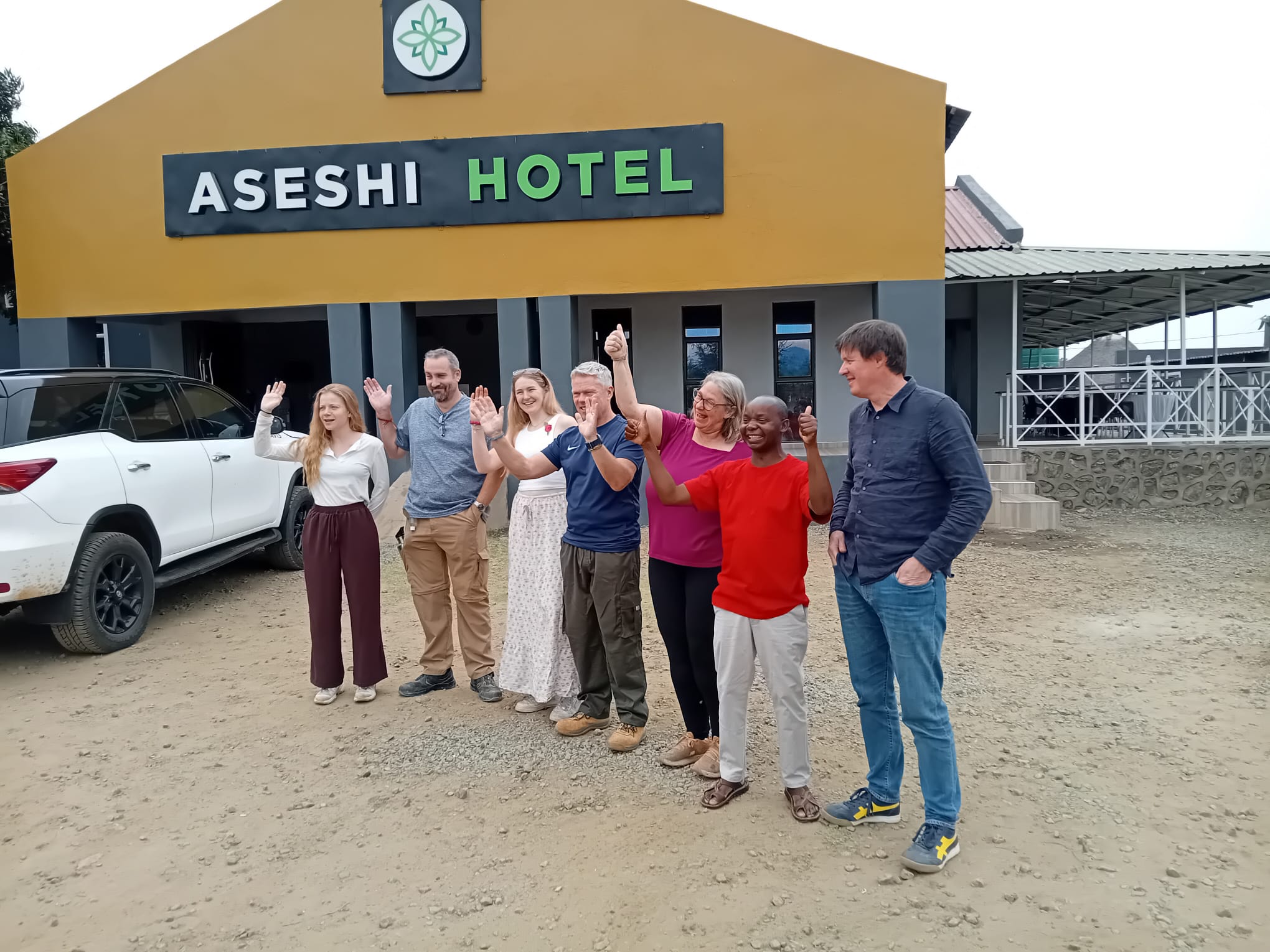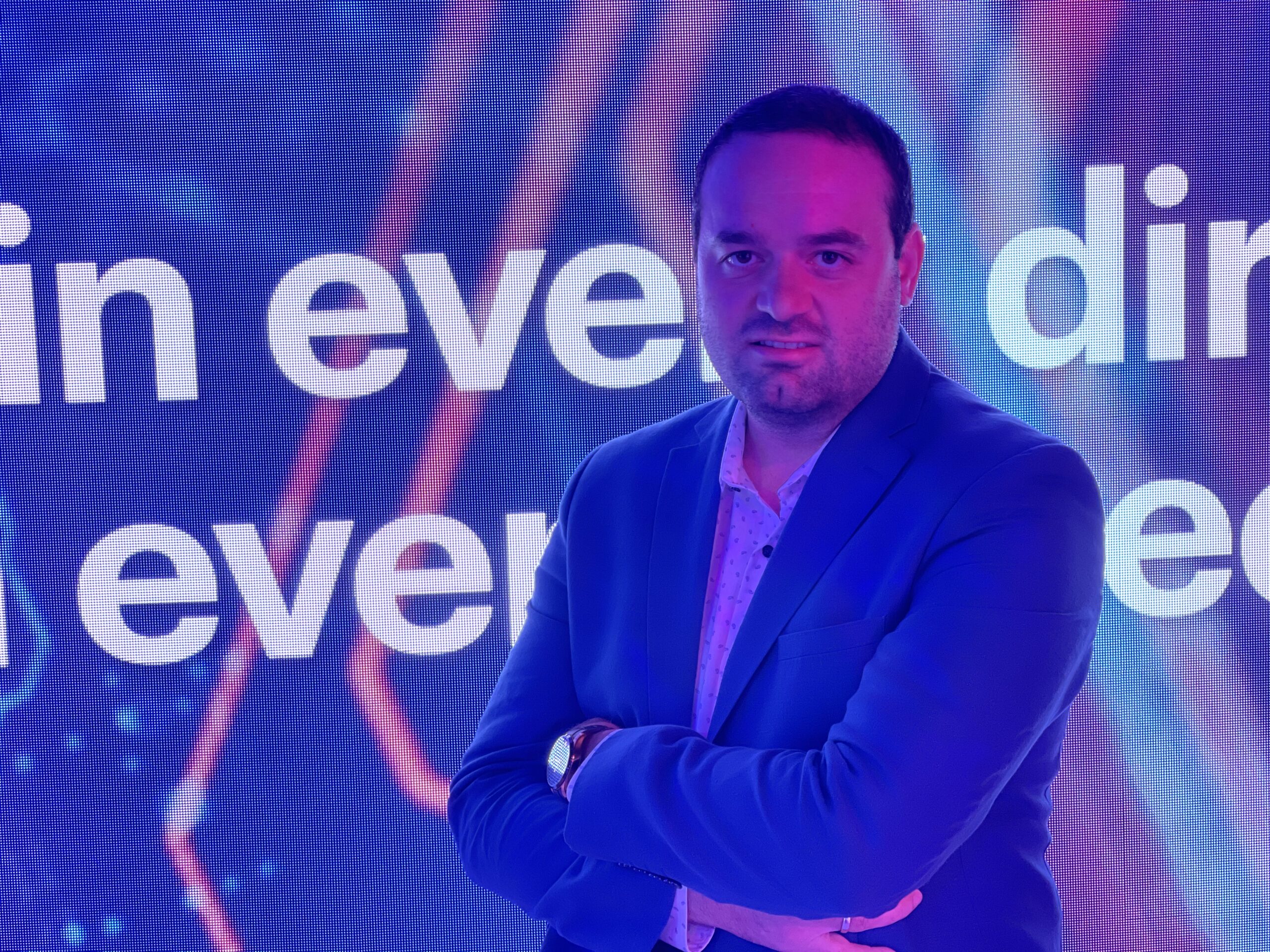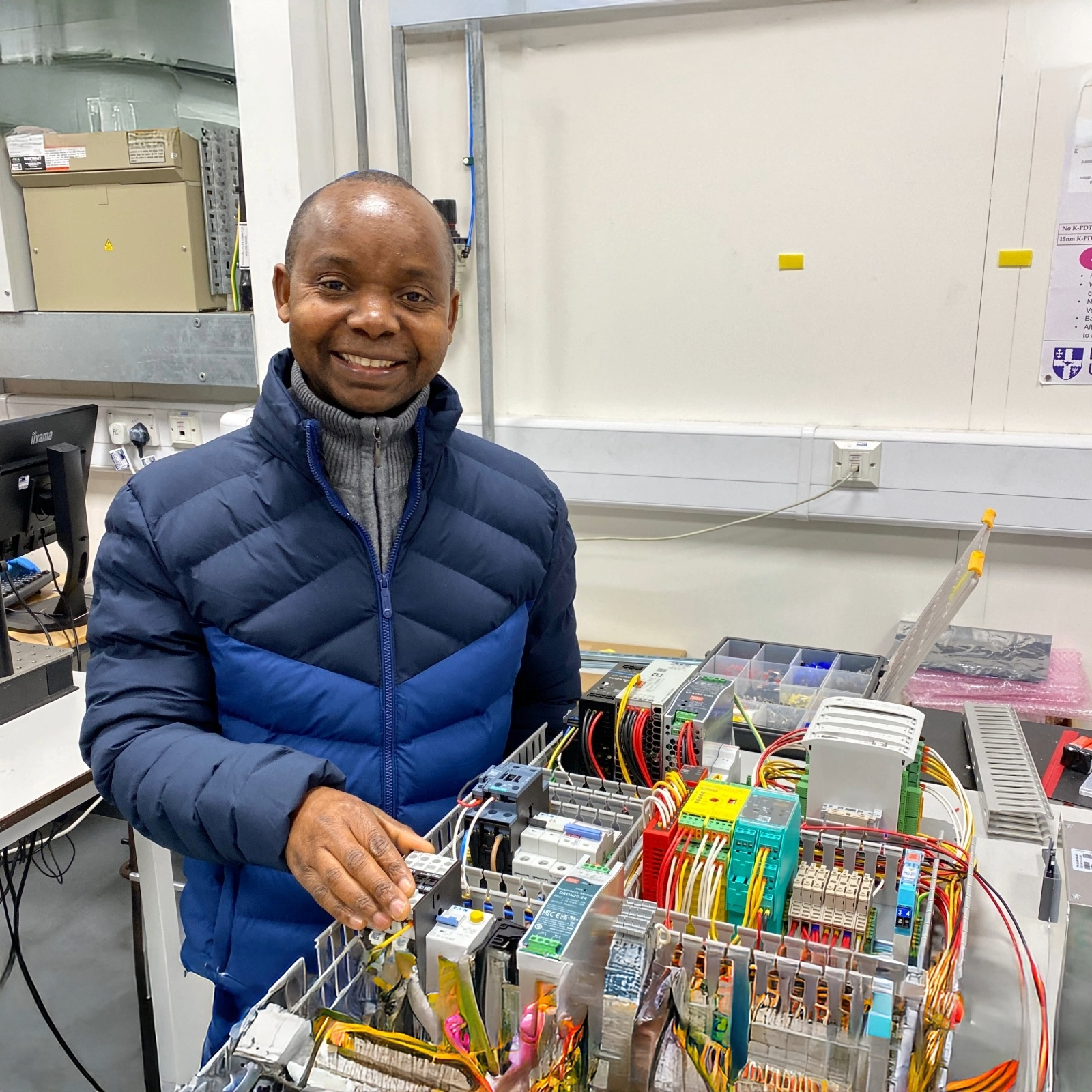Loughborough University and the science behind MESCH
Blog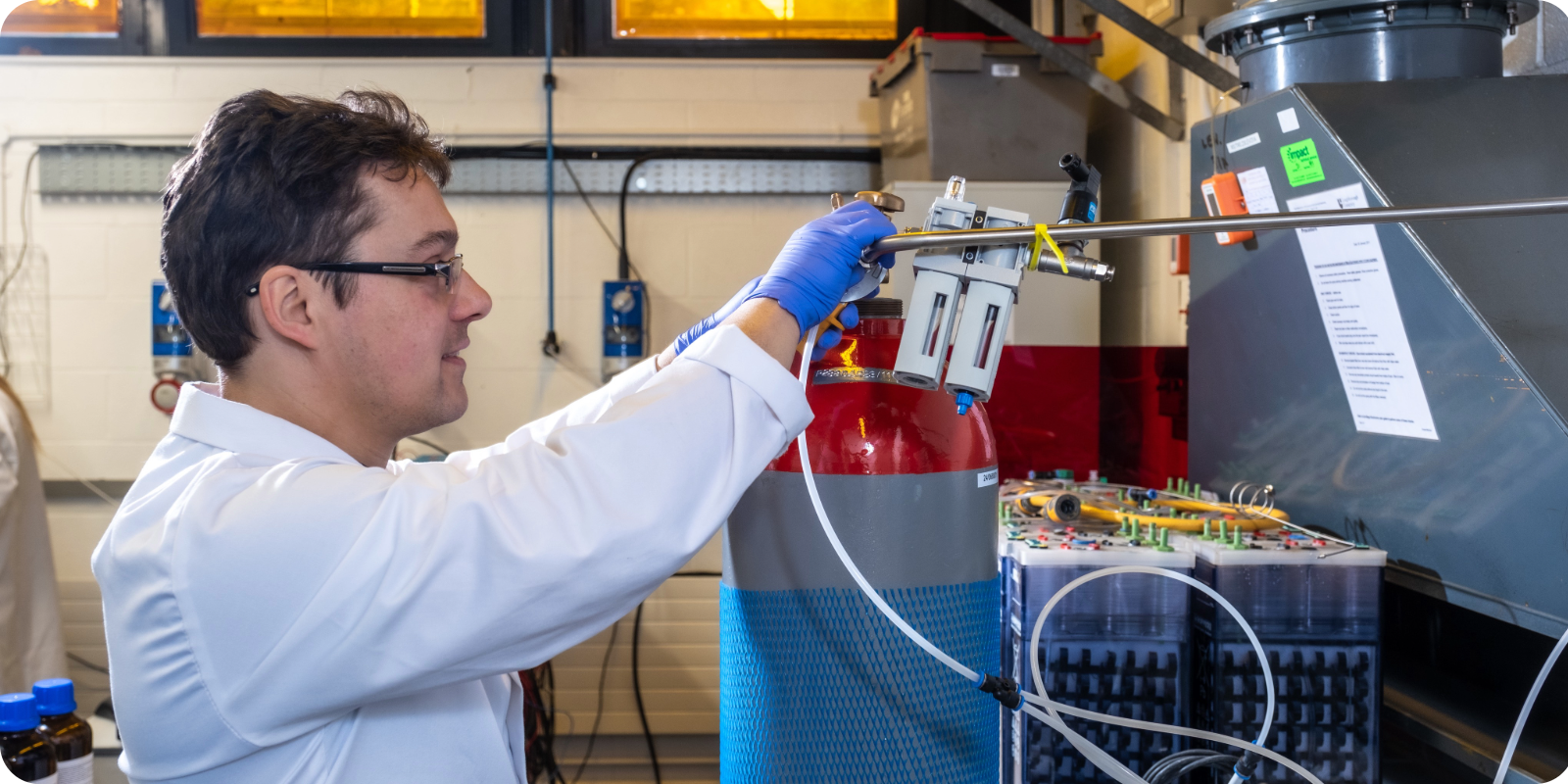
As a key partner for MESCH, Loughborough University is developing innovative technologies to address energy poverty and provide clean energy solutions. In this interview, Prof. Dani Strickland, Professor of Electrical Power Engineering at Loughborough University, discusses their role, contributions and progress in the MESCH project.
Loughborough University is a key partner in the MESCH project. Can you tell us about your team’s role and what you’re focusing on?
We are focusing on producing battery-electrolyser cells. In addition to the cells, we are also developing parts of the balance of the plant, including the safety system and hydrogen compression.
Why is the battery-electrolyser technology such an important part of the MESCH project, and how does it work?
A battery-electrolyser is a single unit that allows energy to be stored as a battery but can also produce hydrogen for cooking use. It is a low-cost alternative to a separate battery and electrolyser system. The system has advantages, including the fact that the cells are fully recyclable, don’t use rare earth metals, and operate at a low load factor.
Clean energy innovation
What’s the most significant breakthrough you’ve achieved with MESCH so far?
The plates produced by Monbat have been integrated into a cell design, and we have run the cells to test the gas separation. The results are well below limits for safe operation. This is a significant achievement that we are very proud of.
MESCH aims to create inclusive and sustainable energy solutions. What excites you most about its potential to transform energy access in Malawi?
The main source of fuel in Malawi is charcoal. This has inherent health risks along with deforestation and carbon emission issues. We are trialling a completely new solution that has the potential to change the energy environment while still allowing for traditional cooking methods over a flame.
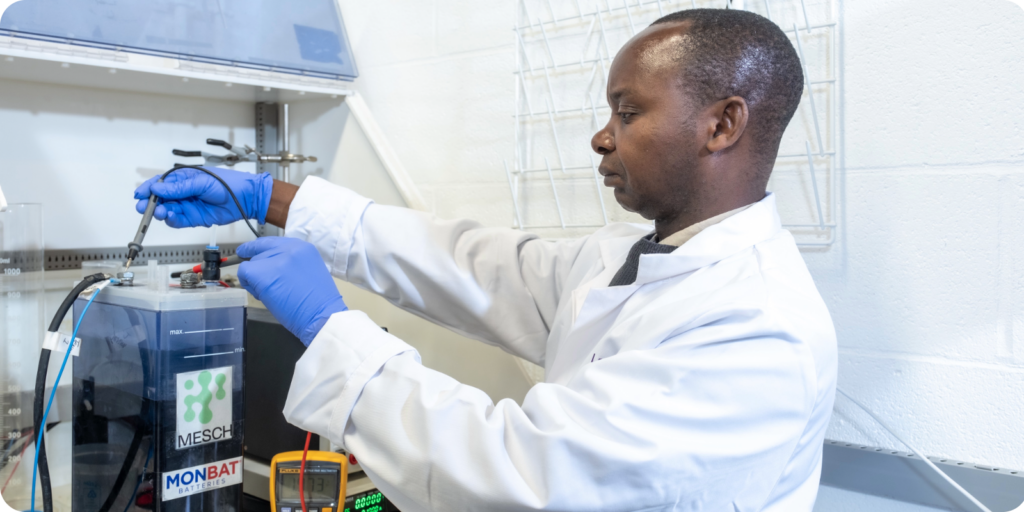
What’s next for your team at Loughborough University as the MESCH project develops further?
We are waiting to receive our container, and then we will focus on fitting this out with cells. We also need to work on the compressor and storage solution with partners Ultima Forma. They are coming to Loughborough in February this year to look at testing the integrated solution.
Exploring MESCH’s potential
What advice would you give to young engineers who want to work on projects like MESCH and other innovative energy solutions?
Think carefully about what problem you are addressing. Don’t forget to make sure that you think about public acceptance, sustainability and recycling, as well as costs early in the project.
Looking ahead, what do you see as the biggest opportunity for MESCH to expand its impact beyond Malawi?
There are many opportunities beyond MESCH both across Africa and stretching out globally to other locations. Such examples include small outposts running diesel generators in cold places. Other opportunities include co-locating at wind farms.

